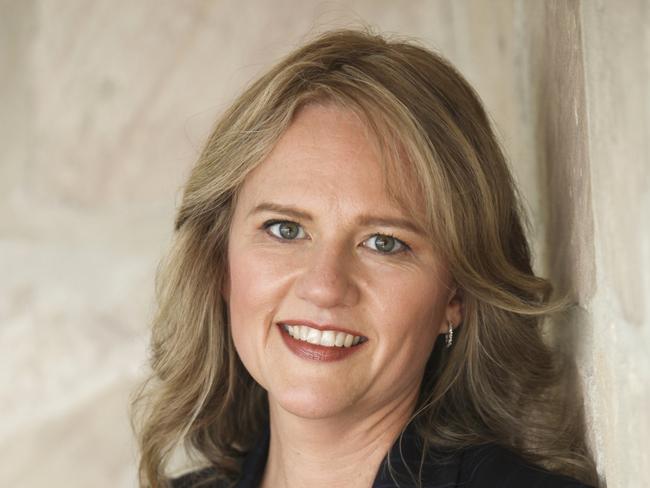Genworth Mortgage Insurance on edge ahead of end to mortgage deferrals
Genworth sinks to a full-year loss as it scrambles to prepare for a surge of claims after the end of mortgage deferrals.

The looming end to mortgage deferrals, coupled with the cut-off of the JobKeeper and boosted JobSeeker supplement, are set to keep Genworth Mortgage Insurance Australia on edge well into 2021.
Genworth reported a net loss after tax of $107.6m in the 12 months to December, a massive turnaround from its $120.1m profit only one year ago.
Dividends will not be paid, but the business flagged it would seek to resume payment as soon as “appropriate to do so” under prudential regulation.
Genworth reported an underwriting loss of $234m, a long way from the $42.1m profit posted in 2019.
The year closed with Genworth being forced to pay $120.8m in claims.
The loss saw a writedown of deferred acquisition cost of $181.8m.
Provisioning for the day the mortgage market will be forced to face the music of COVID-19 deferrals, coupled with large claims, hammered the business’s bottom line.
Genworth has set aside 109m to cover potential delinquencies, as the insurer faces 8162 borrowers in active deferral.
It reported a loss ratio of 92.9 per cent, driven a torrid 169.6 per cent loss ratio in the final quarter of 2020,
The loss was worsened by poor returns across investments, which yielded only 2.7 per cent for the year 2020.
In recognition of poor yields on commonwealth debts Genworth made efforts to shift more of its holdings into higher yielding state government debts.
The losses came despite a huge surge in gross written premiums across the group, which grew 30 per cent to $561.7m in the year on the back of a booming first homebuyer and owner-occupier market.
But the boost to the housing market presents a double-edged outcome for the insurer, with many loans being written in the 80-90 per cent range.
Average loan to value ratio across the group has increased to a high of 88 per cent.
Genworth CEO Pauline Blight-Johnston flagged the unknown outcomes of 2021 could see the business set aside further provisions or push out any potential return to dividend payments.
“With the support payments being phased out in 2021 COVID-19 is expected to result in sustained pressure for the remainder of the year,” she said.

“The nuances of accounting may result in period to period of volatility in the coming year.”
Ms Blight-Johnston said the outcome of potential claims also depended on Australia‘s continued success in controlling COVID-19 without resorting to lockdowns.
“If we do get further bouts of COVID-19 in Australia, further shutdowns, or the economy reacts bad to the stimulus coming off, we may get worse outcomes,” she said.




To join the conversation, please log in. Don't have an account? Register
Join the conversation, you are commenting as Logout